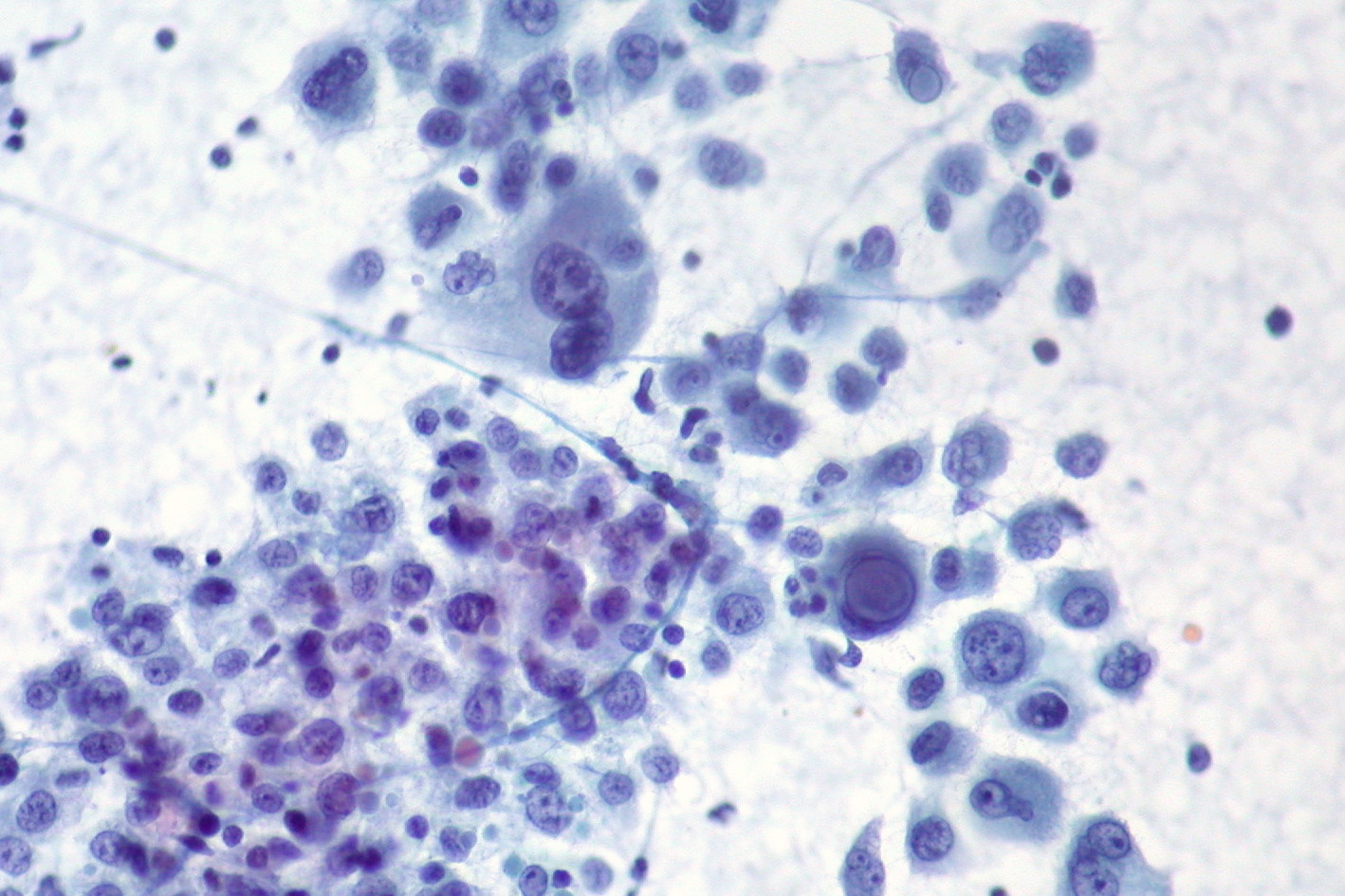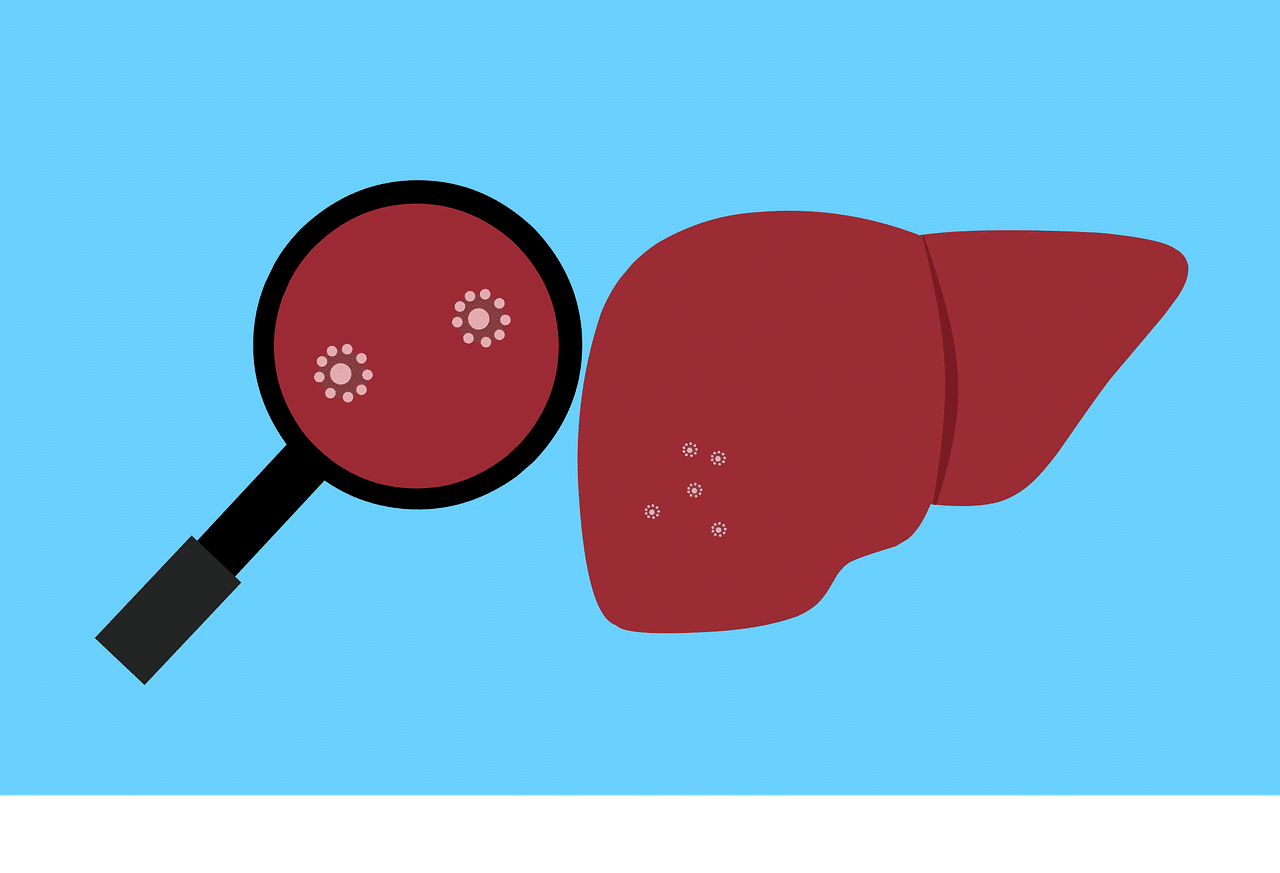A study by Edith Cowan University (ECU) researchers have identified major blood markers that may help as a new tool to treat melanoma patients by finding effective therapy for them. This new discovery may increase the recovery and survival rates of melanoma patients. The complete study findings are published in the journal Clinical Cancer Research today. It is the official magazine of the American Association for Cancer Research.
Also read- A Weight Loss Surgery May Add Years to Your Life
This study reveals that circulating tumor DNA (ctDNA) in the bloodstream of a melanoma patient fluctuates. But if they are identified to be at high levels, it shows that these patients can be treated better and faster with aggressive melanoma treatment.
Elin Gray is the lead researcher and author of this study. Gray says that these findings can help cancer physicians to improve the choice and quality of their treatments designed for a melanoma patient.
Choosing the right type of medicines and therapy is necessary to treat a cancer patient. It may not sound complicated but planning a melanoma treatment is tricky, difficult, and extremely complicated because it involved so many underlying factors. For example, no treatment can be planned without knowing the main characteristics of that cancer tumor and understanding what has led to its multiplication and spread to the whole body.
This new tool to treat melanoma will identify the patients which will show better outcomes from the aggressive immunotherapy.
Also read- Up to 30 Folds Increase in Opioid Addiction Recorded in Last Decade
The identification of this new biomarker is promising but it doesn’t give a conclusive treatment plan. Gray suggests that these results will need further confirmation and validation from more extensive studies. It is necessary to fully understand how this new tool to treat melanoma can actually help in making the right decisions for the patients.
First of all, it is necessary to understand the right time to start the treatment, using appropriate medicines and therapies which suit that patient. For some patients, starting with aggressive immunotherapy is the worst idea as it makes their condition worst.
This new study has opened a new way for the clinicians suggesting that planning personalized therapies may have some underlying factors. Understanding how these factors determine the tumor spread and response to medicines and therapies will lead to developing better treatment plans for melanoma patients.
This study adds up to the growing evidence suggesting to work on biomarkers in the blood of cancer patients. Understanding these biomarkers (also called liquid biopsy) will help to understand how cancer progresses in a patient. Knowing more details about them will open new treatment plans in the future which will not only save lives but also increase the recovery rate of melanoma patients.
Many on-going studies are trying to develop new medicines and therapies for treating melanoma patients. But only if there is a medicine that works on a patient having a better response to it, it can save time, effort, and lesser risk of side effects for that patient.


